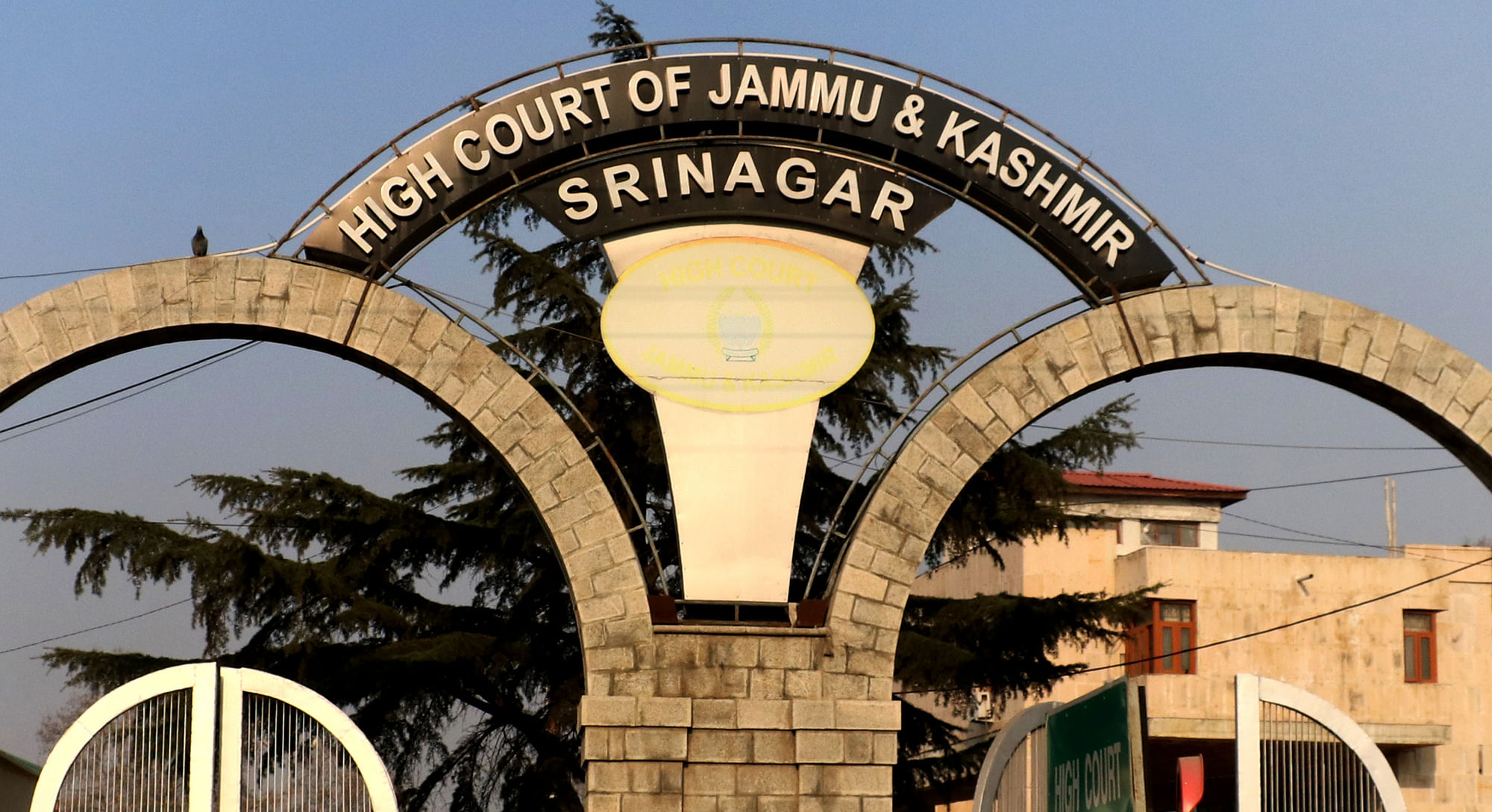Srinagar: The High Court Monday observed as “painful” the continued possession of a property by use of “judicial process” nearly for four decades by two persons (tenants).
Dismissing an appeal, a bench of Justice Ali Muhammad Magrey recorded it as painful that almost for four decades the appellants (tenants) had continued their possession over the suit property by use of judicial process.
The tenants were seeking setting aside of the judgments and decrees dated 28 July 2014 and 8 June 2019 passed by the courts of the Sub Judge, (Judge Small Causes) Srinagar (trial court), and the Additional District Judge, Srinagar (Appellate Court).
The controversy before the trial court was that two tin-roofed shops situated at Jawahar Nagar here (suit property) were rented out by the owner to the tenant at a monthly rent of Rs 210 for a period of one year in terms of lease deed dated 20 March 1981.
The owner issued a notice to the tenants for evicting the suit property after the lease expired through his counsel first on 26 February 1982 and thereafter on 23 December, projecting his personal requirement of the property and seeking payment of arrears of rent amounting to Rs 4515.
Since the possession was not delivered to the owner, he filed a suit for “ejectment” before the trial court on 16 November 1983 contending that he needed the property for his personal use.
After hearing the parties, the trial court in terms of the judgment dated 28 July 2014 held the owner of the shops entitled to the suit property for personal use and the tenants were directed to pay the arrears of rent to the tune of Rs 5040 with interest.
The judgment of the trial court was challenged by the tenants before the appellate court in an appeal which was dismissed in terms of the judgment dated 8 June 2019.
On behalf of the owner of the shop, counsel B A Bashir argued that the concurrent findings recorded by the trial court and the appellate court attested to it that the suit property was reasonably required by the owner.
“The conclusion arrived at by the trial court, on the basis of the evidence on record is subsequently affirmed by the Appellate Court also that there existed a personal necessity of the respondent to use and occupy the suit property for his personal use after his retirement and for his son,” the court said and cited a Supreme Court judgment wherein the apex court has held that “the landlord does not need to lose his existing job, neither to resign nor to reach the level of starvation to contemplate that he must get possession of his premises for establishing a business”.
“The instant appeal is filed by the appellants on 31 July 2019, and this court (High Court) in terms of order dated 24 December 2019 stayed the operation of the judgment and decree dated 28 July 2014 which is continuing as on date,” the court said.
“Therefore, for the last almost four decades, the litigation has not yielded any fruitful results for the party who first approached the court with a suit for ejectment and also succeeded,” it said.
The High Court said that the trial as also the Appellate Court while passing judgment and decree had not granted any time to the tenants to vacate the shops.
“However, since the appellants (tenants) have been in use and occupation of the suit property for almost half a century, they do not deserve any further premium in vacating the suit property,” the court said.
“The appellants (tenants), therefore, should vacate and handover the possession of the suit property (shops) to the respondent (landlord) within a period of two weeks,” it said.






